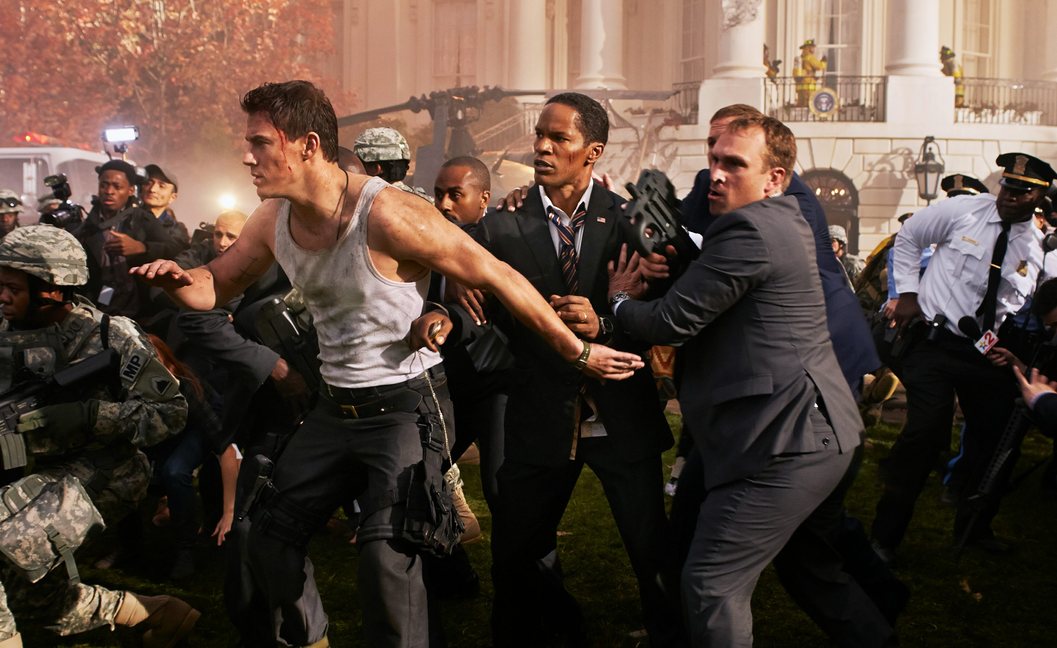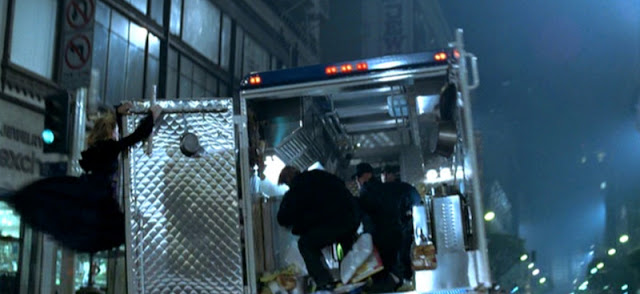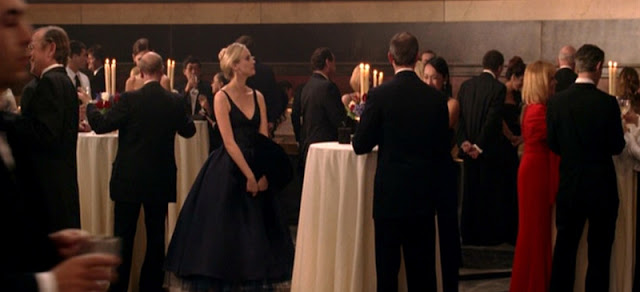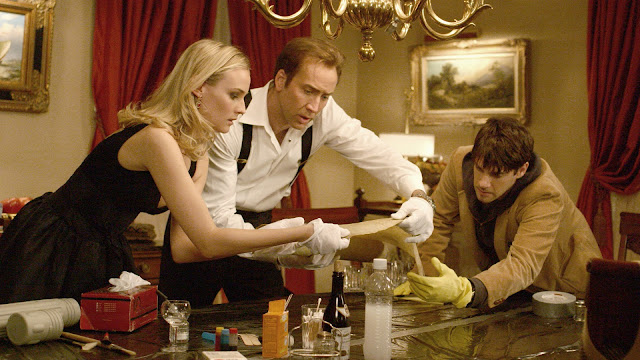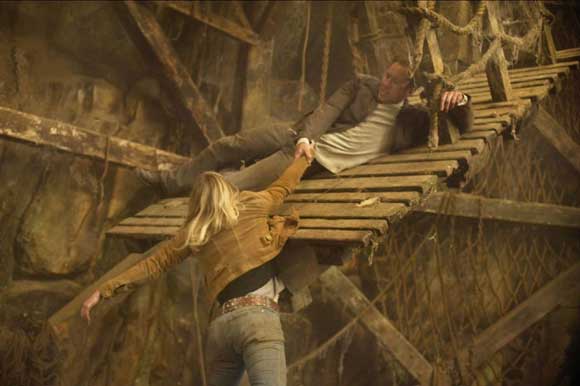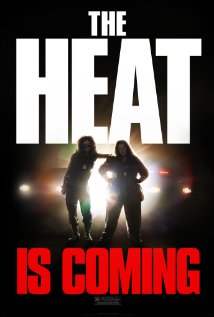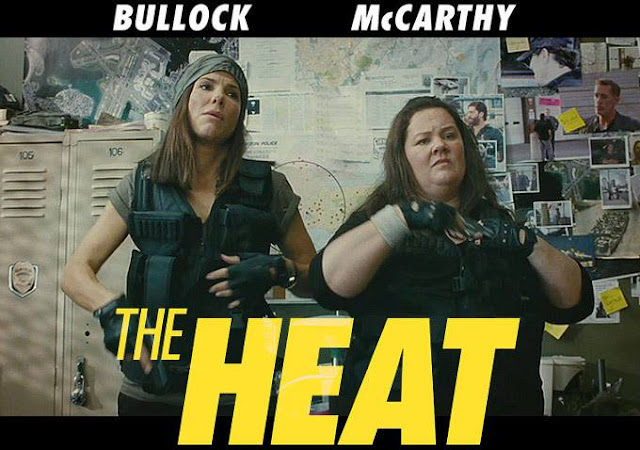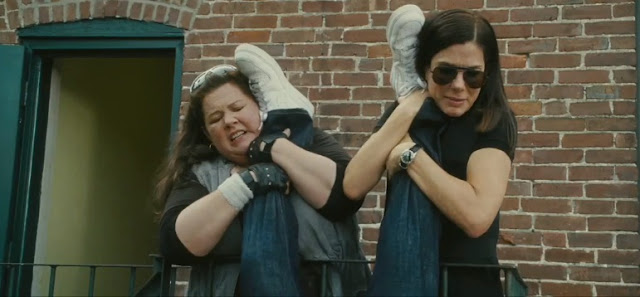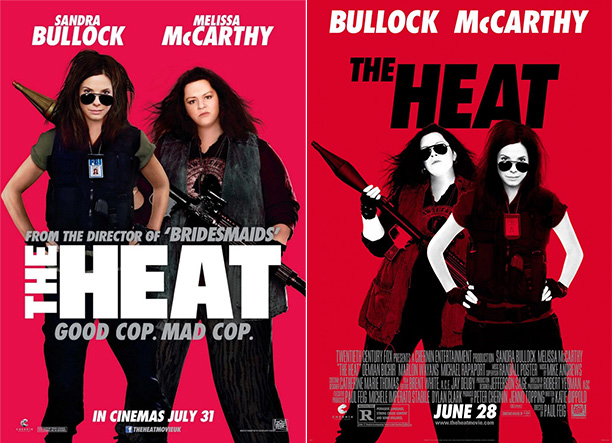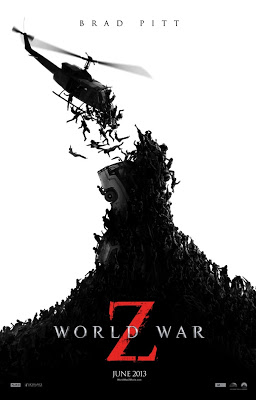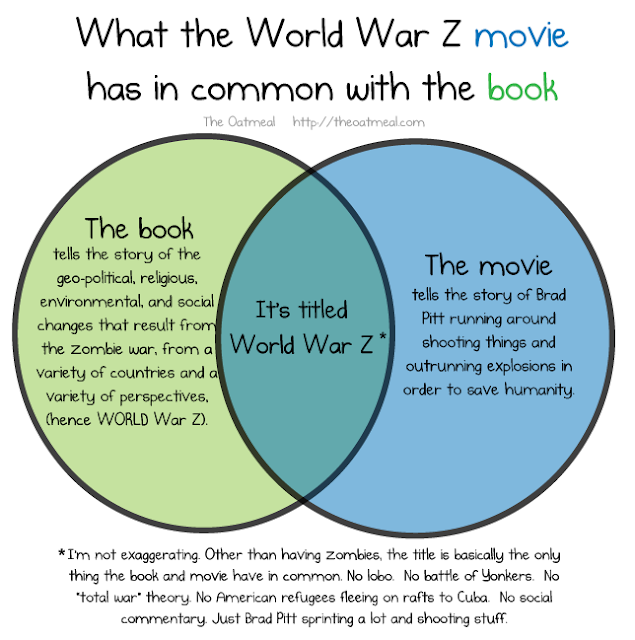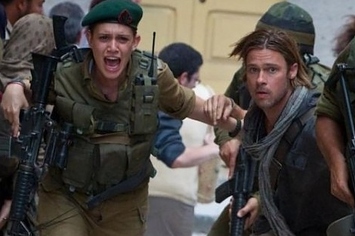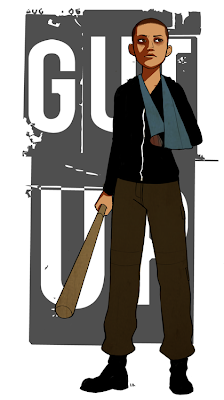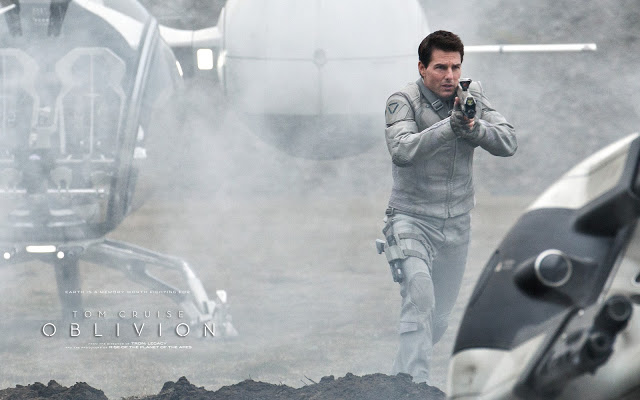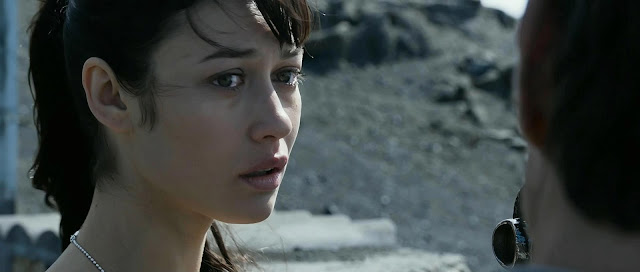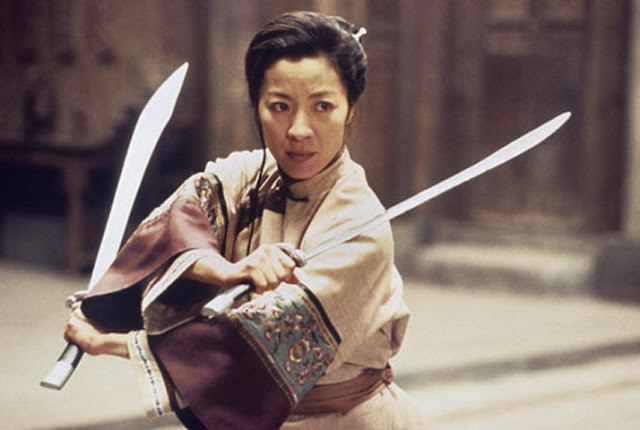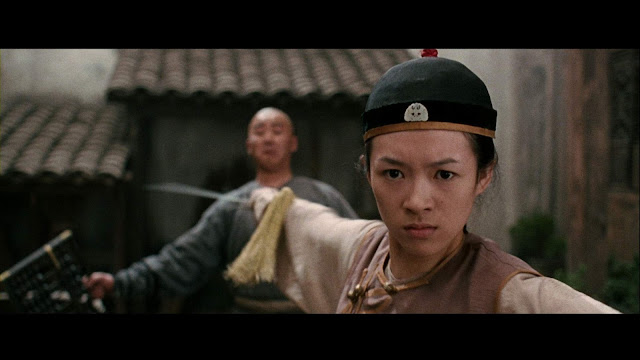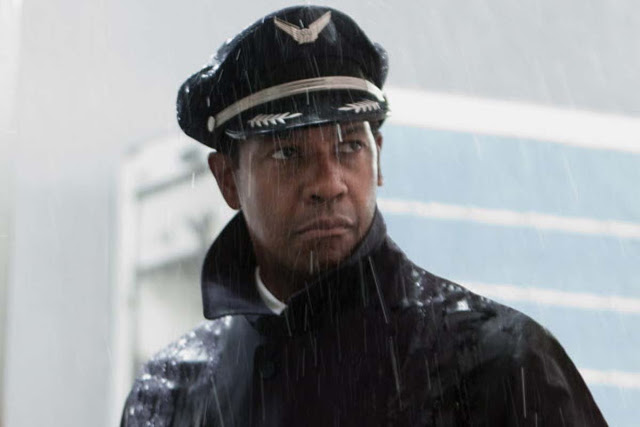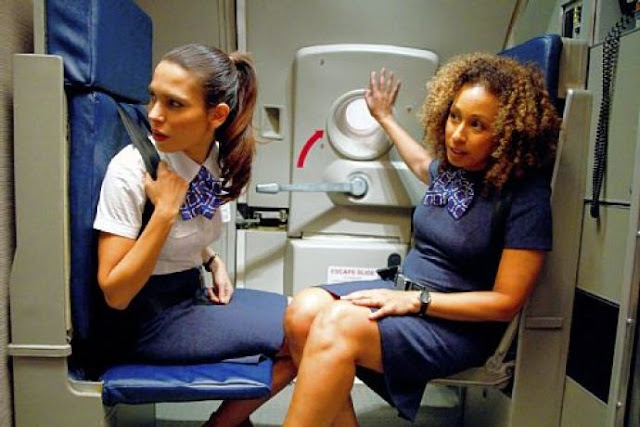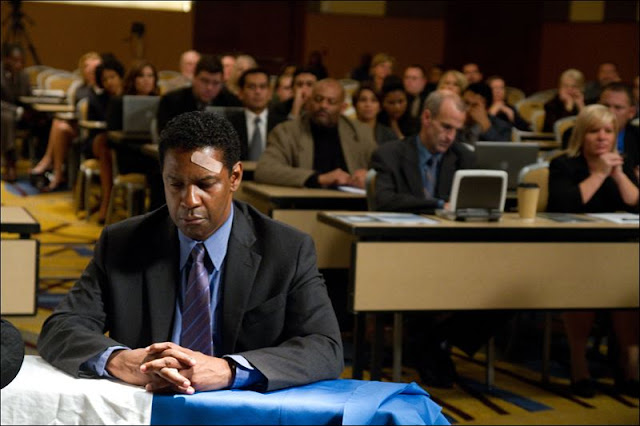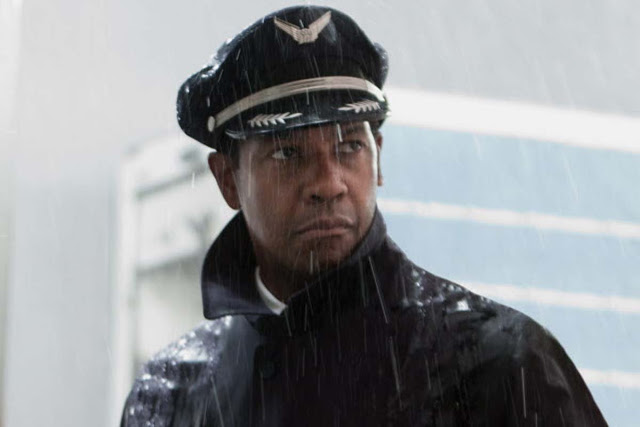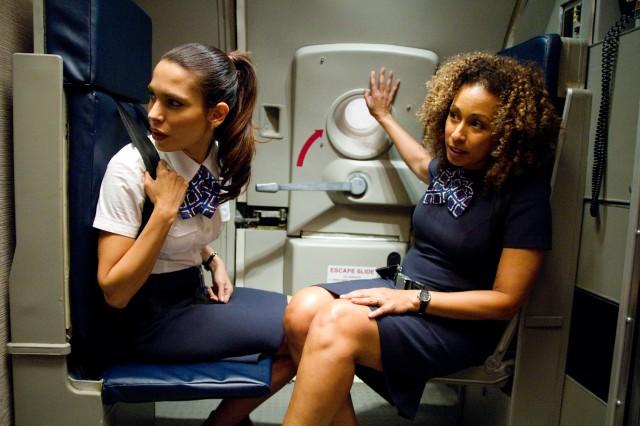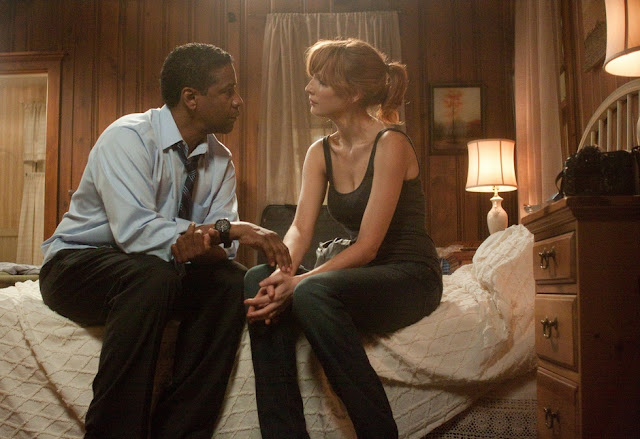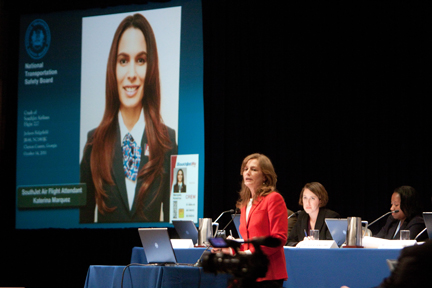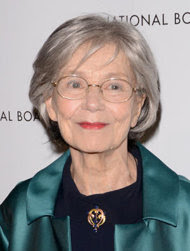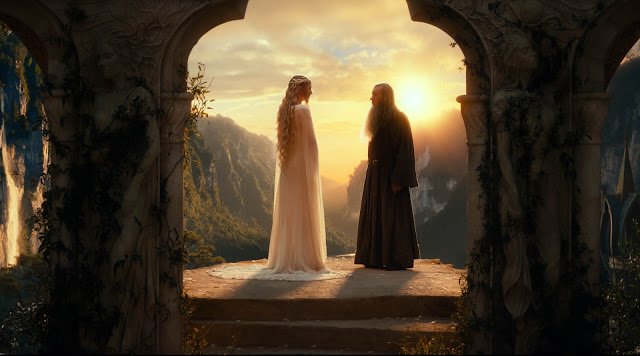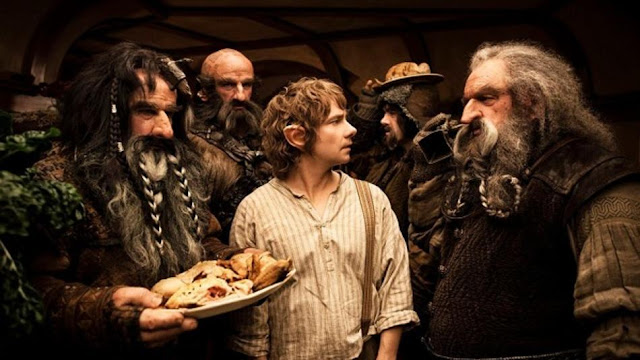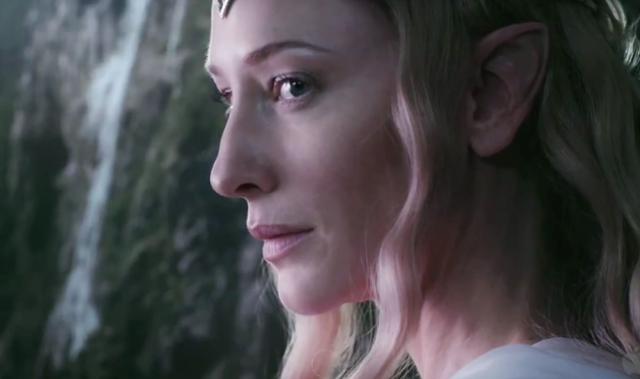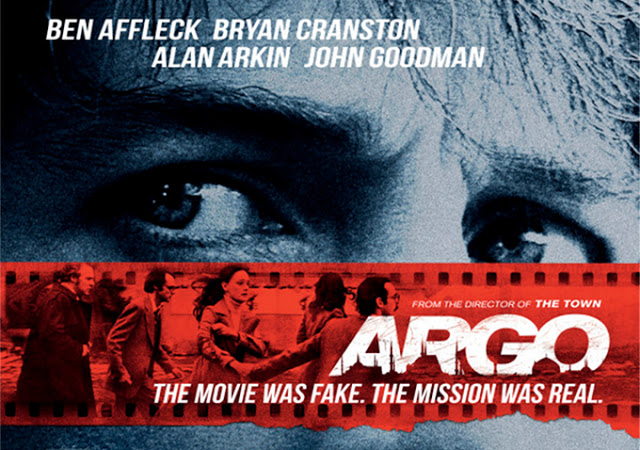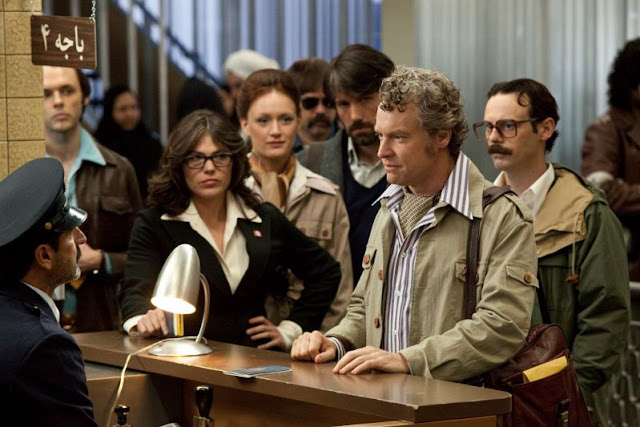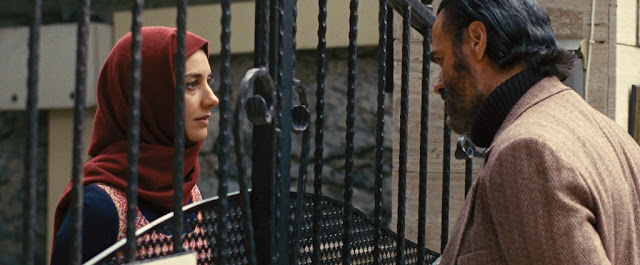Written by Megan Kearns. | Warning: Spoilers ahead
Can an action film portray exquisitely choreographed fighting scenes, badass fully dimensional ladies, tragic romantic love and make a searing social statement? Yes, yes, yes. One of my favorite films, Crouching Tiger, Hidden Dragon is an undoubtedly feminist action film with a potent gender commentary woven throughout.
Shu Lien (the amazing Michelle Yeoh), a famous warrior, exudes a quiet strength and dignity. She knows her abilities and what she wants. Yet she feels bound by duty, loyalty and patriarchal norms, unable to follow her heart. A governess by day, a thief and murderer by night, the bitter and vengeful Jade Fox (Cheng Pei-pei) frantically wants control. She’s filled with fury and vengeance over her denial to learn the ways of the revered Wudang skills due to her gender. Zhang Ziyi as Jen, a governor’s daughter and secret protégé of Jade Fox, steals the show. Fiery, impetuous, strong-willed, she’s a fierce warrior, desperate to break the chains of gendered aristocratic expectations placed on her by her family and society. Whether her lover, a friend or a warrior she admires, Jen stubbornly refuses to yield, obey or acquiesce to anyone. More than anything, she wants to make her own decisions, to live her own life.
While Li Mu Bei (Chow Yun Fat), a dude, is considered the most respected warrior, women are unquestioned in their capacity to be skilled warriors. A man who just had a baby girl says he hopes his daughter will be half as strong as Shu Lien. But while women are respected and admired, society simultaneously expects them to obey certain norms.
Jen strives to live the life of a warrior. She doesn’t want to be shackled by an arranged marriage. Jade Fox wants power and to rule, to not let her gender hold her back. Jen and Shu Lien both yearn for freedom, to freely love who they choose. But sexist patriarchy holds each woman back from attaining what each desires.
Crouching Tiger, Hidden Dragon continually questions stereotypical gender roles for women.
Jen laments her monotonous future as an aristocratic wife with both Shu Lien and Jade Fox. She must marry into a noble family in order to boost her father’s business. Jen says she hasn’t yet lived the life she wants. Jen reveals to Shu Lien how she envies her life, even though Shu Lien explains it’s not as romantic as it seems:
Jen: “It must be exciting to be a fighter: to be totally free.”
Shu Lien: “Fighters have rules too: friendship, trust, integrity. Without rules, we wouldn’t survive long.”
Jen craves a sisterhood between her and Shu Lien. The two discuss gender and marriage and how society views it as “the most important step in a woman’s life.” Jen questions if Shu Lien is married and then realizes that if she “probably couldn’t roam around freely” if she was a wife. Jen says to Shu Lien:
“I wish I were like the heroes in the books I read, like you and Li Mu Bai. I guess I’m happy to be marrying. But to be free to live my own life, to choose whom I love, that is true happiness.”
Jen thinks the key to her freedom is in remaining unwed and following the warrior’s path. But Shu Lien shares her own pain of thwarted love. Due to her warrior duties, she did not want to dishonor the memory of her murdered fiancé and pursue her love for Li Mu Bai:
“So the freedom you talk about, I too desire it. But I have never tasted it.”
Jade Fox’s gender, that she’s a female criminal, surprises people. Like Jen and Shu Lien, Jade Fox also bemoans the sexist constraints placed on her not being allowed to pursue her career. So she took matters into her own hands and stole
the precious Wudang secrets. When Li Mu Bei confronts Jade Fox for her thievery and for murdering his master, she says:
“Your master underestimated us women. Sure, he’d sleep with me but he would never teach me. He deserved to die by a woman’s hand!”
In her eyes, she was good enough to fuck but not good enough to be an equal.
Women are expected to enter marriage, to strive to be wives and mothers. Societal norms dictate women should be nurturing and gentle, women should support the men in their life and they shouldn’t be too outspoken or too unruly. If they transgress these societal norms, they’re often punished. But here, we see the women speak out and push back against the hypocrisy and strains of sexism. We witness a delicate balance exists of respecting tradition while pursuing personal happiness and fulfillment, along with continued resistance to patriarchal norms.
“So that’s the first thing: the contrast of the yearning, reserved restraint of Yeoh/Chow, and the woo-hoo! of Zheng/Chang. The second thing is the feminism, which is so overwhelming and explicit I can’t believe no one made much of it at the time. And it’s not just that the fight sequences always feature women — who win — nor that the best sequence faces off Michelle Yeoh and Zhang Ziyi in the very best, funniest, most exciting matchup ever. The heart of the story relies on the fact that its three main female characters (Jen, Shu Lien, and Jen’s governess, Jade Fox) have each been foiled in their attempts to live as they desire because they are women. Each takes a different approach in response, and they inevitably find themselves in opposition with one another as well as with men.”
As Didion points out, the women all end up opposing one another. It’s interesting in the beginning of the film, Jen starts off as friends with both of the other women. Jade Fox mentors her and she yearns to forge a friendship with Shu Lien and emulate her life. Eventually all women are at odds with each other. Jen feels betrayed by Shu Lien that she wants her to return to her parents. Shu Lien is disappointed with Jen as she’s unappreciative of her support, Shu Lien and Jade Fox are at odds. Jade Fox feels jealousy and betrayal after she discovers Jen hid her talents in combat, particularly because she was the older mentor, the supposed wiser one bestowing knowledge, not the other way around.
Despite the fighting and rivalries, it never felt catty in the typical way the media depicts women as tearing each other down. Rather it feels like an indictment of sexist patriarchy that wants to pit women against each other. It’s up to us women to remember to nurture and support one another.
“If you read a lot of Chinese literature, there has always been very strong women figures — warriors, swordswomen — who defended honor and loyalty with the men. So it’s not new to our culture, it’s always been very much a part of it. It’s good that now the Western audience would have a different image of the Chinese women. Where for a while, it was very stereotypical — the demure, very quiet, strong in a very silent way.”
The film runs shows 3 strong, assertive, outspoken women – which counters Western media’s pervasive stereotypes of Asian women as docile and subservient.
In theory, women action heroes break that mold. But in reality,
most female film characters don’t shatter gender stereotypes, ultimately succumbing to stereotypical gender roles. As researcher Katy Gilpatric discovered, women in action movies rarely lead as heroes, usually serving as props to the male protagonists, and serving as love interests. She also found women often meet their death, frequently by self-sacrifice, by the end of an action film.
But in Crouching Tiger, Hidden Dragon, the women are the stars. And not just one woman. 3 women. Of different ages and different socio-economic statuses. Sure, there are men, romance and star-crossed lovers. But the female characters aren’t objectified for the male gaze or reduced to their sexuality. The women don’t sacrifice their identities in order to love or be in romantic relationships.
I don’t automatically find female action characters empowering. I find assertive, intelligent, self-reliant, female survivors empowering, whether they strap on a gun or wield a sword or not. But what makes these female characters and
Crouching Tiger, Hidden Dragon so feminist? We see their stories, their perspectives. We also get an indictment of patriarchy and a staunch argument in favor of gender equality.
Li Mu Bai calls Jen a dragon, and Jen refers to herself this way as well. On the symbolic color of green, director Ang Lee said that “anything green is hidden dragon, desires and repression…” The film is about repressing your desires — the pain it causes when you do (Shu Lien and Li Mu Bai) and the price you pay if you don’t (Jen). Jen runs away and steals the Green Destiny sword, calling herself the “Invincible Sword Goddess,” defeating a slew of dudes in the process. She taps into her hidden desires and literally wields and shapes her own destiny.
Li Mu Bai realizes the capacity of Jen’s skills and wants to train her in the Wudang way. When Shu Lien reminds him that they don’t accept women, he says they will have to make an exception. Li Mu Bai, who has also felt trapped by his duty and honor, impeding him from following his heart and confessing his love for Shu Lien, finally realizes the ridiculousness of stereotypical gender roles.
You can interpret the ambiguous ending — Jen leaping off the balcony over a cliff — as Jen committing suicide, unable to bear the thought of the damage her yearning for freedom has wreaked. Lo, Jen’s lover, tells her a story about a boy who made a wish and it came true after he leapt off the side of a cliff because his heart was true.
But I never saw the ending as her suicide. I saw it as Jen’s liberation. Jen’s choice conveyed her refusal to be tied down, her transcendental awakening rejecting society’s gender norms and patriarchy and embracing her individualism. She refused to live a life of obedience. She wanted to follow her heart and live life on her own terms. But Jen also realized that if she was the wife of a nobleman or perhaps even the wife of a rebel, she would still be immersed in patriarchy. Even if Jen and Lo reunite — his wish — she won’t be a docile, servile wife. She will be her own person.
But Jen also learned that she didn’t want to turn her back on female camaraderie, refusing Shu Lien’s help, the way her mentor Jade Fox turned on her through betrayal. Jen’s initial shunning of sisterhood ultimately led to Li Mu Bai’s death.
Crouching Tiger, Hidden Dragon focuses on the lives of different women on different paths with parallel obstacles. Ultimately, each woman forges her own path. When Shu Lien and Jen reconcile at the end, she doesn’t advise Jen to be loyal or obedient. She tells her that no matter what, Jen should remain true to herself. And that’s precisely what Jen does.
Ultimately, the film argues that sexist gender roles trap us all. Sexism remains a toxic barrier to happiness and enlightenment. And that’s what makes this film so empowering. Women must be true to themselves in order to achieve freedom and happiness.
